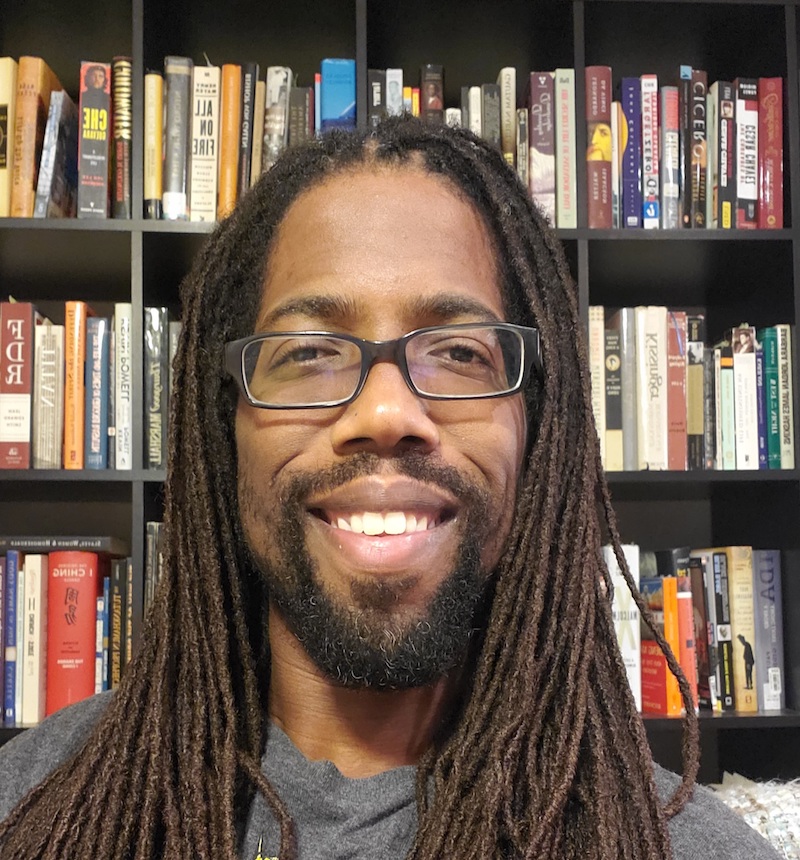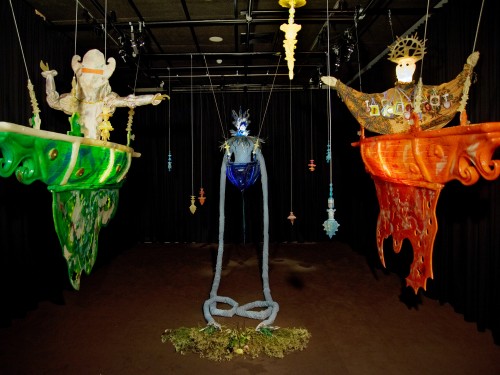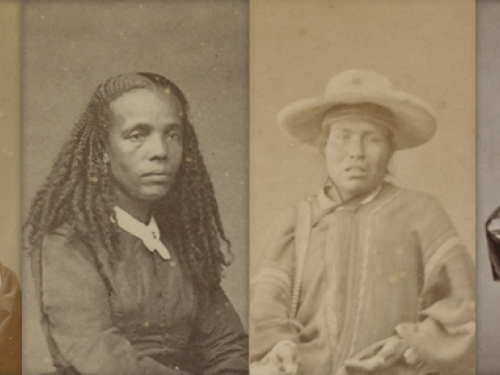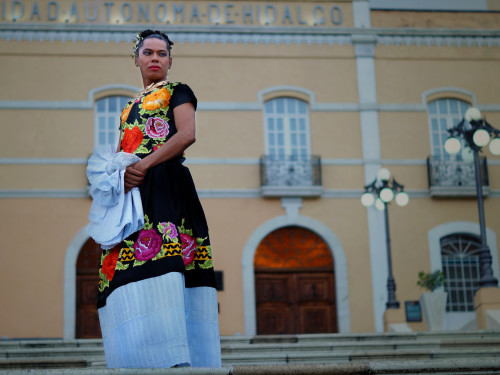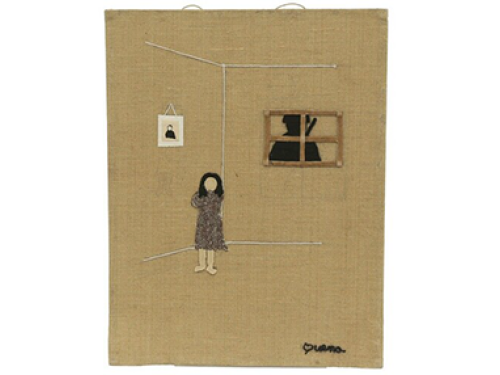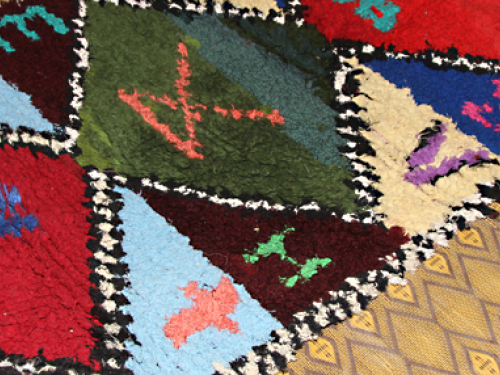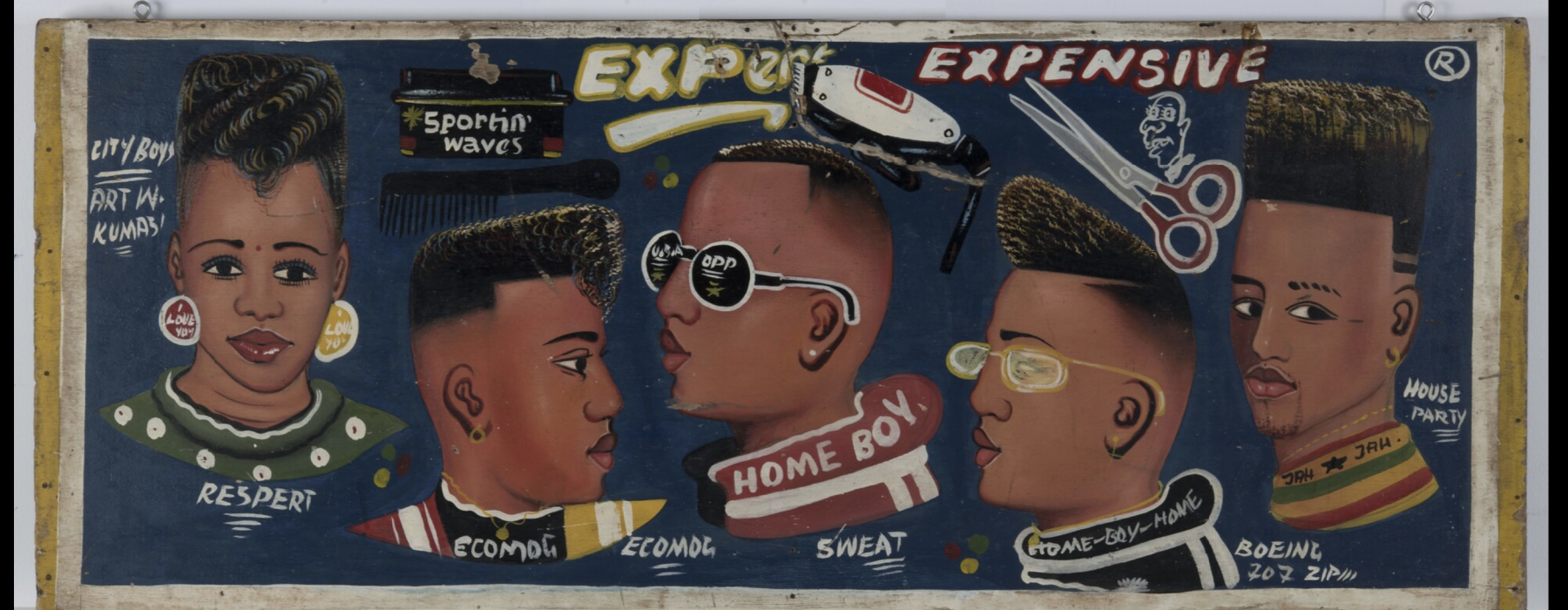
We publish these articles as the museums consolidate into one nominal entity, het Wereldmuseum: since the articles were written between 2020 and 2023, they do not yet reflect the March 2023 name change.
All contributors called into the Un/Engendering research project were asked to think outside their respective specializations. Without their courage, openness, humility, and without the peer reviewers’ generous attention, such an interdisciplinary project could have never taken place.
Image: TM-5773-8 City Boys Art. W. Kumasi. This work is licensed under a Creative Commons Attribution-ShareAlike 4.0 International Licence.

